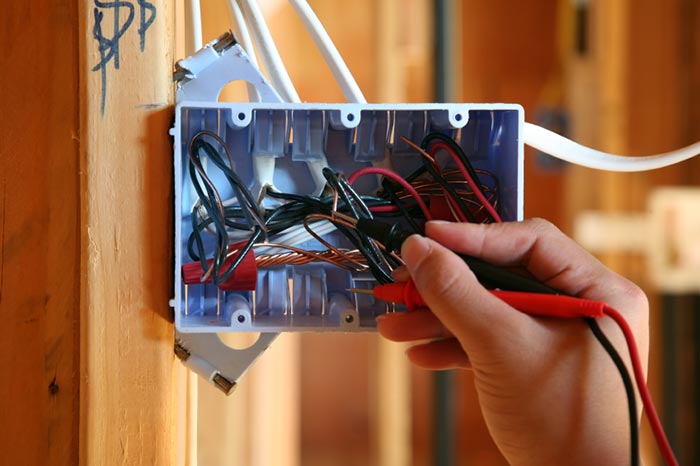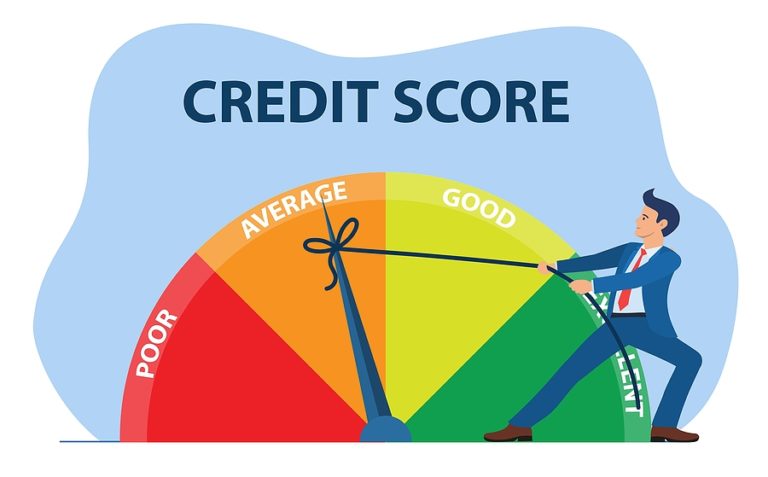Homebuyers and Bidding Wars

When you see a home and know beyond a doubt that it is your meant-to-be and put in an offer, you find out that someone else feels the same way and has made an offer at the same time. Sometimes it is more than one buyer, and either way, a bidding war can begin. Let these tips guide you through the process:
-
When you start your house hunt, be certain you are pre-approved for a mortgage. This will show any seller that you can buy their property. A pre-qualification is not enough.
-
Before you even put in your offer, make sure there is some wiggle room in the amount. Offering the maximum that you are approved for can take you out of the contest during the first round.
-
If you can offer cash for the purchase or a better-than-average earnest money deposit, sellers are more likely to add you to their “possibilities” list. Cash talks, no matter the amount of your purchase offer.
-
Some potential buyers ask an agent to add an escalation clause to the contract. The downside to this is leaving your negotiations on a purchase price laid bare for the seller to see. It may be best to make sure your Realtor® is ready with counteroffers in case your original is rejected.
-
Being competitive means laying aside some contingencies. For instance, a well-maintained home may have fewer issues in the inspection, so waiving the home inspection contingency could be enticing to the seller. This can be risky, however, if the house has not been updated in a long time, so make this decision wisely.
-
If you absolutely love the home, talk to your agent about allowing your offer to be a back-up. Keep an eye on the sale just in case it does not go through. Remember that most sales do go through, but there is always hope!
-
Finally, it may simply be best to take the loss and walk away. In a sellers’ market, it may be best to let go of some of the items on your “want” list, as well as look at houses that are under budget.
Your Realtor® should be knowledgeable on how to handle a property with multiple offers, and when they are, you can be sure that they are fighting as hard as you are for the house you love. Your confidence in your agent will give you peace in the bidding war, whether you win or move on.
Courtesy of New Castle County DE Realtors Tucker Robbins and Carol Arnott Robbins.
Photo credit: ealty-voice.com














